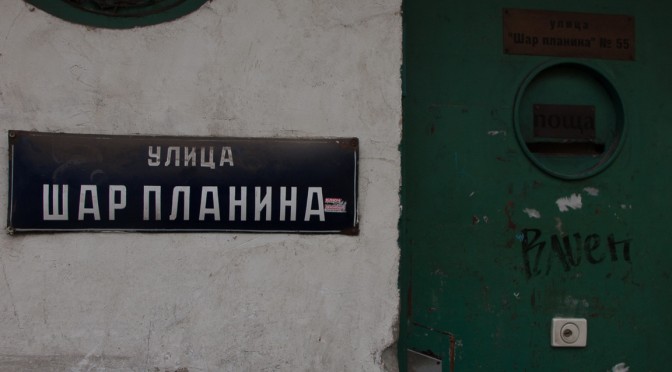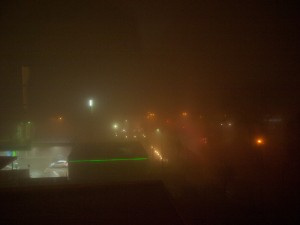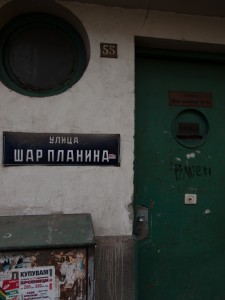 The Art Of Dreaming by Carlos Castaneda
The Art Of Dreaming by Carlos Castaneda
My rating: 4 of 5 stars
Carlos Castaneda is certainly considered required reading for any person even slightly interested in the occult, ancient practices, magic, dreams, altered states of existence or completely different planes thereof. This one was the first book by him I finished, if you exclude The Teachings of Don Juan which I began reading in Spanish but never finished because my Spanish just isn’t as good as I’d like it to be yet.
Contrary to other of his works, this one he wrote many years after the events he describes therein had come to pass: apparently they had been buried into his subconscious because of the altered state, the second attention, he had (mostly) been in at the time. Only almost 20 years after his apprenticeship into understanding and navigating the world of dreams by Don Juan was he able to bring what he learned to the forefront of his consciousness and then put it on paper.
I liked The Art of Dreaming, especially the first half. I read that when I was in the coach from Athens to Sofia and it helped make the journey much more dreamy; it made me feel that it was a passage in more ways than one: in the physical sense -travelling from one point of the Balkans to another- but also in this transcendental sense, this thing you get when you learn about the details of a profound truth. I came into The Art of Dreaming expecting something practical -Castaneda’s “Lucid Dreaming for Dummies” handbook- especially after learning that it was he who popularised the technique of looking at your hands as a reality check, something I picked up and have used successfully numerous times. The beginning of the book was entirely like that: it was him learning about the different methods of dreaming consciously and going through the “gates of dreaming”, as well as finding out about the complicated intricacies of the assemblage point and its manipulation. That link is a good summary of the book’s most interesting “academic” part.
But, like Castaneda himself in the book, or at least the person Castaneda wrote himself to be, I too need my objectivity, for that’s the way I was taught to perceive the world, as Don Juan would have said. Therefore, as the book became weirder and weirder and Castaneda strayed farther and farther away from what my dream reality -even in my most successful endeavours in lucidity- has looked like and started going into the dimension of inorganic beings, alien energy scouts and the like, I started losing my point of reference and ultimately my interest. By the end of the book his narrative had become so convoluted that I couldn’t figure out any part of what was happening – perhaps an apt representation of Castaneda’s own recollection of his strange experiences.
What however made things more interesting for me was this article I came across shortly before finishing the book which uncovers Castaneda as a complete fraud. Apparently after the success of his first few books, which, it is implied, were also figments of his imagination, Castaneda became a sort of cult-leader figure; when he was exposed he disappeared from public view by secluding himself in a villa together with three of his female companion sorcerers. The story is complicated in many levels; I can only say that the narrative of his books and what happened in real life is difficult to tell apart. In fact I’m sure that even if Castaneda proved to be okay after all (a possibility we still can’t discount since, from where I’m standing, the revelation of the hoax can be a hoax as much as the supposed hoax itself) the automatic reaction from a scientific and rationalist status quo seeking to disprove just to confirm its dominance would have been no different.
At this point several possibilities and parallel narratives have arisen: the story of the book itself; the real events which inspired Castaneda if we are to accept that his books are only adaptations of what really transpired; the reality of his life undescribed in the books – what we would see in a Castaneda behind-the-scenes; and the dirt that has come out that Castaneda was a complete hoax, which is 100% in line with “skeptic” views. All these interpretations exist simultaneously in a sort of entangled limbo: any one of them could be true and the fact wouldn’t negate the veracity of the other versions – they could all be true simultaneously. Additionally, on a meta level each one of these stories has something different to tell: about the human willingness to believe and the power of belief itself, about the unfathomability of the universe, about the dogmatism of contemporary intellect, about how powerful your fictional story can be to be able to ultimately convince even yourself that it’s the truth – especially if millions of others already believe it to be so.
In another interpretation, you could see how these are all just different layers of meaning, just like Don Juan described reality as an onion consisting of layers of universes. The hoax coexists with the book’s story and it’s only a matter of intent, a matter of the position of your assemblage point what it is that you’ll end up keeping from the whole affair.
Even if Castaneda hallucinated everything he ever wrote about, this book has made me think in ways I’m sure were not intentional but have arisen anyway as part of the complexity of being a thinking but chiefly intuitive feeling person alive in 2014. If this book is a valuable collection of techniques that -as far as I can tell- really work and a story of them being put to use, where does the fiction begin?



